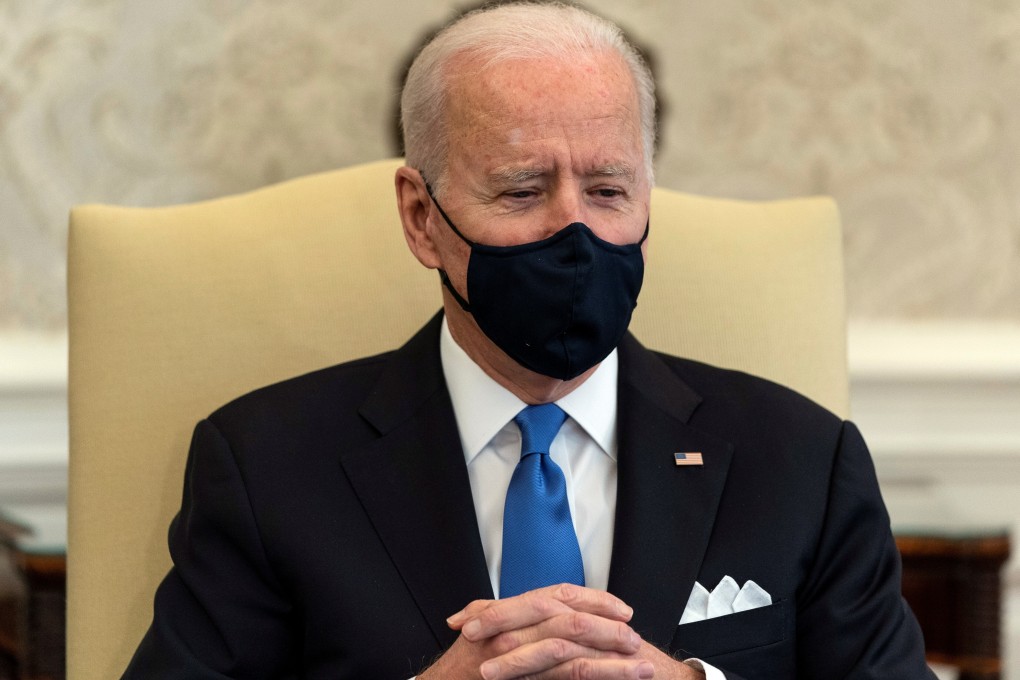US-China relations: Biden containment plan requires Beijing respond with ‘grand strategy’
- Beijing has a two-year ‘window of opportunity’ to create a master plan to defend itself against President Joe Biden’s new multilateral containment strategy
- Advisers also urge China to take the diplomatic lead to create better relations with Japan and Europe, as well as friendly elements within the US

China has a window of opportunity within the next two years to develop a “grand strategy” to defend itself against new containment policies under the Biden administration, Chinese academics say.
The transition of power in Washington and the disruption caused by the coronavirus pandemic have given Beijing a chance to plan its next move – and even grab the upper hand – in its relationship with the United States, they said.
But with numerous challenges ahead, China must also improve relations with Japan, Europe and friendly elements in the US, in part by leveraging access to its huge domestic market, the experts added.

05:57
SCMP Explains: China’s five-year plans that map out the government priorities for development
On Wednesday, US President Joe Biden released a 24-page interim national security strategic guidance document warning that China was “the only competitor potentially capable of combining its economic, diplomatic, military and technological power to mount a sustained challenge to a stable and open international system”.